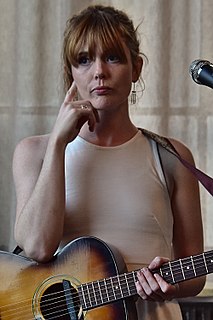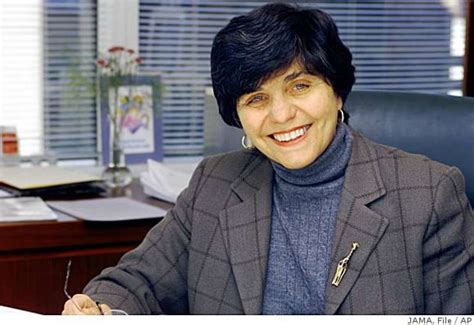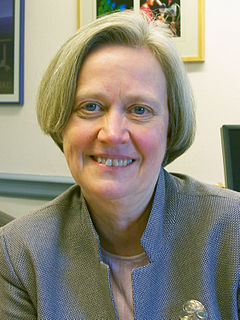A Quote by Robert J. Shiller
Some of the best theorizing comes after collecting data because then you become aware of another reality.
Related Quotes
One of the myths about the Internet of Things is that companies have all the data they need, but their real challenge is making sense of it. In reality, the cost of collecting some kinds of data remains too high, the quality of the data isn't always good enough, and it remains difficult to integrate multiple data sources.
Scientific data are not taken for museum purposes; they are taken as a basis for doing something. If nothing is to be done with the data, then there is no use in collecting any. The ultimate purpose of taking data is to provide a basis for action or a recommendation for action. The step intermediate between the collection of data and the action is prediction.
When I need inspiration, I usually go into a creative "slump" and become a total sloth. I watch a lot of movies, read a lot, go see shows, and go for walks. I don't really touch my instruments because it's like I'm collecting data. I love film. I love reading. Those two mediums are often more inspiring than listening to an awesome record. Seeing what somebody else is doing in another field, it's like, "Wow! That's amazing! I want to be amazing at what I'm doing!"
I am not against the pharmaceutical companies. I love them. That's not the issue. The issue is, in some cases, when they do these clinical trials, they control the data. They analyze the data. In some cases, they even write the article. And that leads to at least the perception, if not the reality, that there's a conflict of interest.
Empathic listening is so powerful because it gives you accurate data to work with. Instead of projecting your own autobiography and assuming thoughts, feelings, motives and interpretation, you're dealing with the reality inside another person's head and heart. You're listening to understand. You're focused on receiving the deep communication of another human soul.
This is an important distinction, because most of the modern philosophies that deny that we can know reality, and ultimately truth, make the mistake of constructing epistemological systems to explain how we know reality without first acknowledging the fact that we do know reality. After they begin within the mind and find they can't construct a bridge to reality, they then declare that we can't know reality. It is like drawing a faulty road map before looking at the roads, then declaring that we can't know how to get from Chicago to New York!
Any time scientists disagree, it's because we have insufficient data. Then we can agree on what kind of data to get; we get the data; and the data solves the problem. Either I'm right, or you're right, or we're both wrong. And we move on. That kind of conflict resolution does not exist in politics or religion.





































